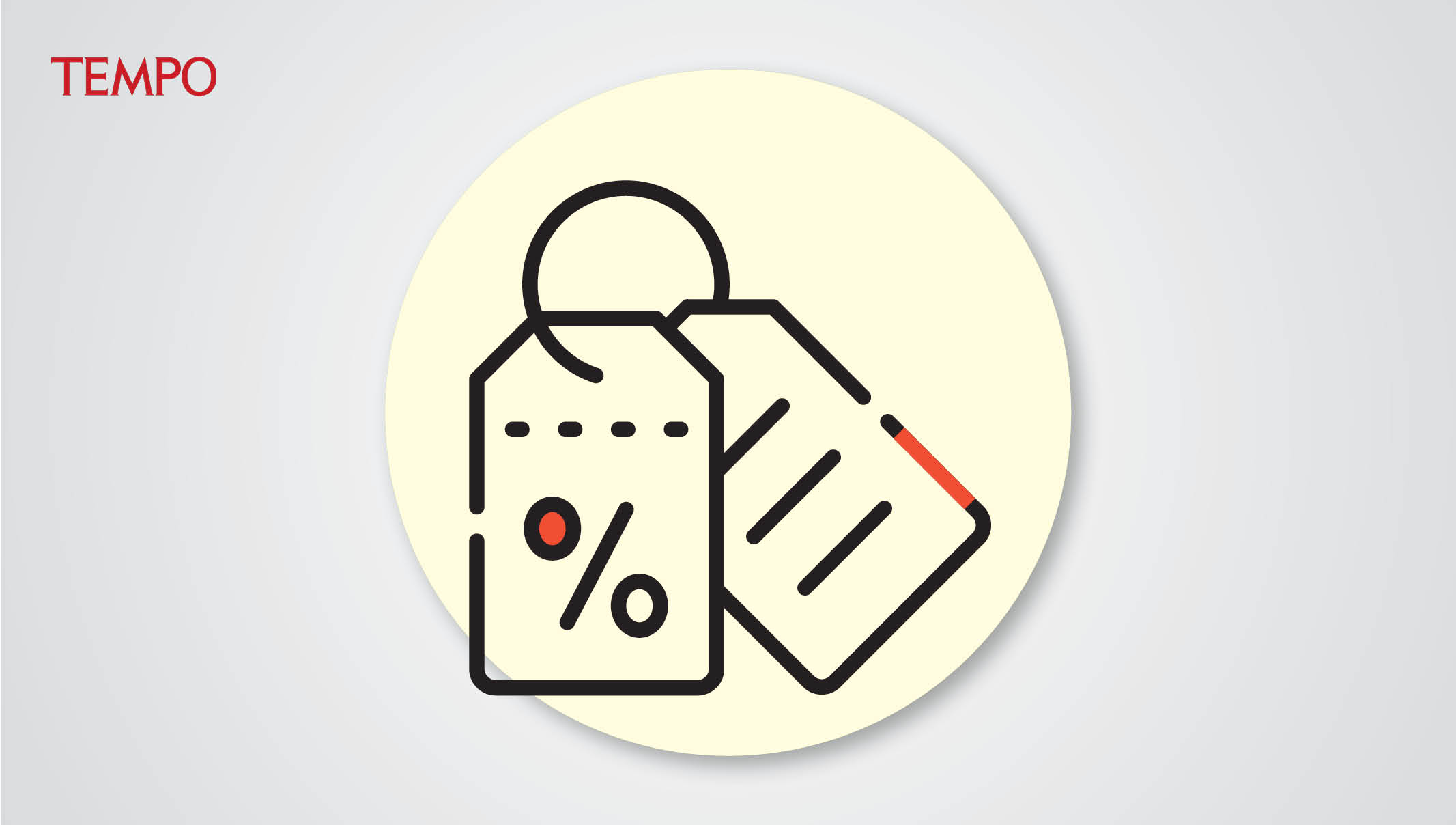Limiting the Excessive Sugar, Salt and Fat
Monday, August 12, 2024
The government wants to impose duty on sugar, salt and fat. It would make more sense to optimize the role of the BPOM.
arsip tempo : 174711782364.

GOVERNMENT Regulation No. 28/2024 on Health was produced to protect people’s health by, among other things, preventing diseases caused by the excessive consumption of sugar, salt and fat. But using a fiscal instrument for this purpose could have an impact on the economy as a whole. Aggressively imposing duty on these foodstuffs could result in inflation without reducing the negative health impacts.
Obesity, diabetes and cardiovascular disease are the top causes of death in Indonesia. According to the Health Ministry, Indonesian consumption of sugar increased by 40 percent from 1992 to 2022, higher than the global rise of 9 percent. And the percentage of people with diabetes soared from 14 percent of the population in 2019 to 25 percent last year.
Based on this data, the government decided to limit the content of sugar, salt and fat in food and drink, as the treatment of the diseases drains the State Budget. Most people suffering from those diseases are predominantly recipients of Health Care and Social Security Agency assistance.
Therefore, from the government’s perspective, imposing duty is killing two birds with one stone: it will prevent fatal diseases and improve state finances. At first glance, this makes sense. But the knock-on effects could be extensive, especially since the aim of imposing duty on sugar, salt and fat is to increase the price of food and drink so people do not buy them.
The imposition of duty on food ingredients is like that imposing it on cigarettes, which has not been proven to reduce the prevalence of smokers. Increases in tobacco duty that result in more expensive products do not stop people smoking. Successes in controlling tobacco are supported by restrictions on advertising, distribution and consumption. But duty on tobacco still makes sense because it is not a basic need like the sugar, salt and fat that are in food.
A study quoted by the Health Ministry claims that imposing duty on these three foodstuffs will reduce consumption. Every 10 percent in duty will reduce consumption of the food and drink containing them by 8 to 10 percent and reduce the prevalence of the three types of disease by 1 to 4 percent. Mexico, Peru and Finland are three of 106 countries that have successfully used fiscal instruments to control sugar consumption.
But in those nations, the duty policy is accompanied by intensive monitoring. As a result, rather than the imposing duty that has a negative economic impact, the government here should optimize the role of the Food and Drug Monitoring Agency (BPOM) in limiting the content of these three ingredients in food and drink. Strict monitoring and law enforcement will prevent excessive consumption from the outset.
Therefore, efforts to limit sugar, salt and fat should be focused on packaged food and drink mass-produced by industry. Generalizations are complicated because they cover micro and small businesses that are not monitored. Focusing on packaged drinks produced by industry will be more effective in restricting the content.
Without optimizing the BPOM, using duty as an instrument will have results like those in Denmark. In 2011, the Danish government limited the content of saturated fat in all food and drink to 2.3 percent. There was a duty of US$3 per kilogram on anything over this limit. Because of this, Danish people began buying food and drink from Sweden and Germany, which did not have such a regulation. As a result, the policy was revoked the following year.











